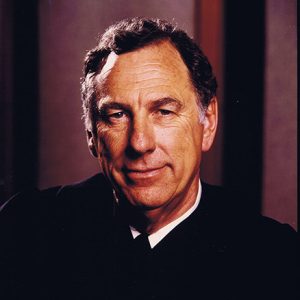 Jack Wilson Holt Jr.
Jack Wilson Holt Jr.
Entry Type: Person
 Jack Wilson Holt Jr.
Jack Wilson Holt Jr.
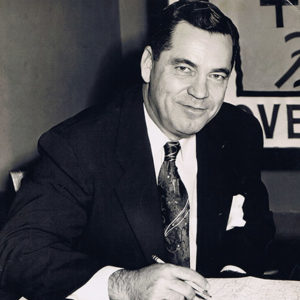 Jack Wilson Holt Sr.
Jack Wilson Holt Sr.
Holt, Jack Wilson, Sr.
Holt, Joseph Frank
Holt, Maud Spiller
Holtz, Louis Leo (Lou)
 Holyfield / Goodrum Concert
Holyfield / Goodrum Concert
Holyfield, Wayland
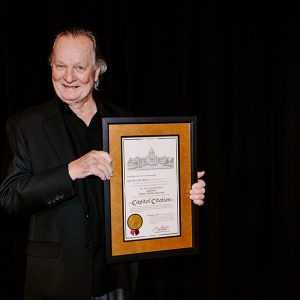 Wayland Holyfield Recognition
Wayland Holyfield Recognition
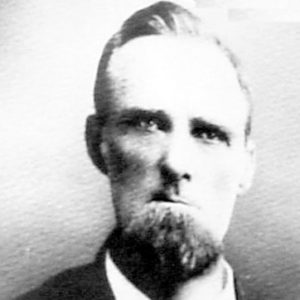 J. W. Honnoll
J. W. Honnoll
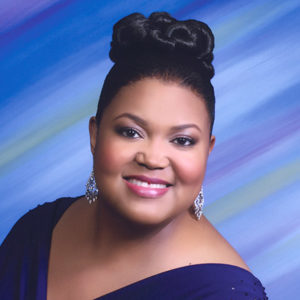 Colette Honorable
Colette Honorable
Honorable, Colette Dodson
Hoofman, Clifton Howard (Cliff)
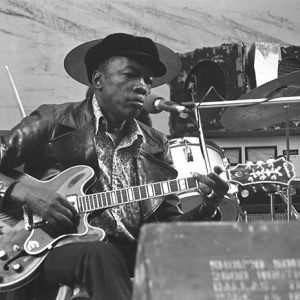 John Lee Hooker
John Lee Hooker
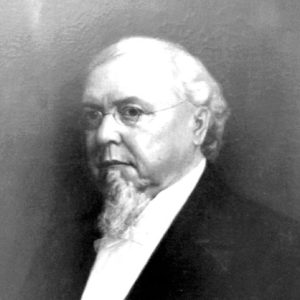 Philo Hooper
Philo Hooper
Hooper, Philo Oliver
Hoover, Dorothy M.
aka: Dorothy Estheryne McFadden Clarke Hoover
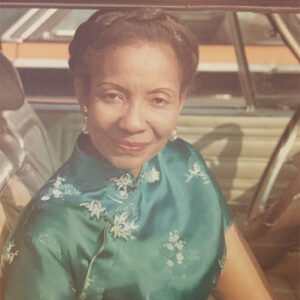 Dorothy M. Hoover
Dorothy M. Hoover
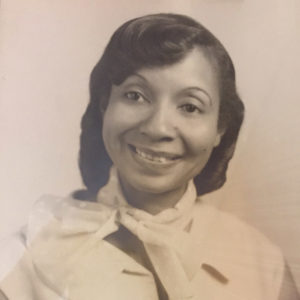 Dorothy M. Hoover
Dorothy M. Hoover
Hoover, Theressa
Horn, Robyn Hutcheson
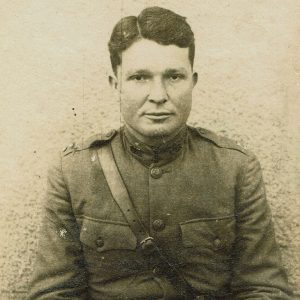 Elijah Whitt Horner
Elijah Whitt Horner
Horner, Elijah Whitt
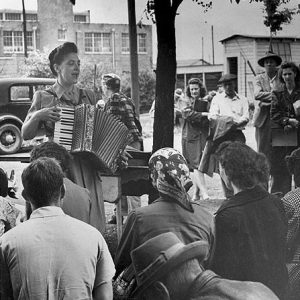 Zilphia Horton
Zilphia Horton
Horton, Zilphia Mae Johnson
Hotchkiss, Sylvester C.
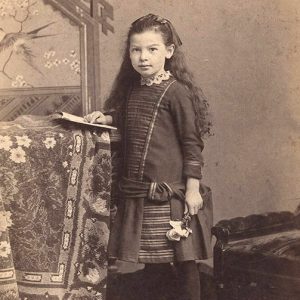 Clara Hotze
Clara Hotze
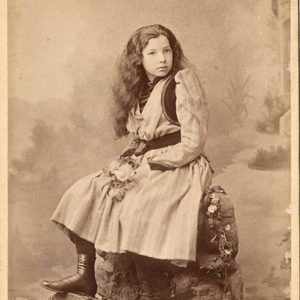 Clara Hotze
Clara Hotze
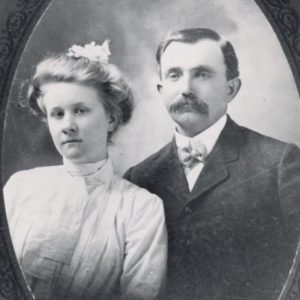 Mr. and Mrs. Houpt
Mr. and Mrs. Houpt
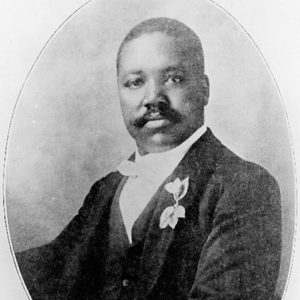 N. B. Houser
N. B. Houser
Houser, Napoleon Bonaparte
Houston, Sam
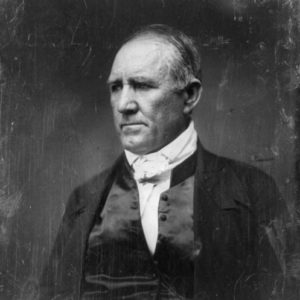 Sam Houston
Sam Houston
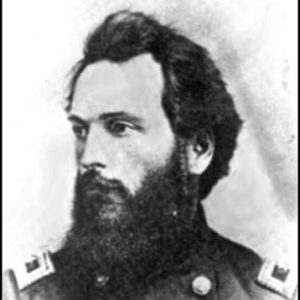 Charles Hovey
Charles Hovey
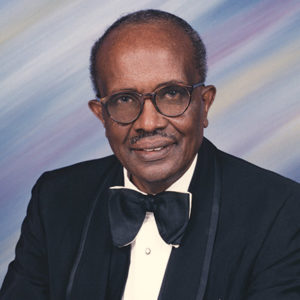 George Howard Jr.
George Howard Jr.
Howard, George, Jr.
Howard, John Miller
Howe, John David
Howell, James (Jim) Lee
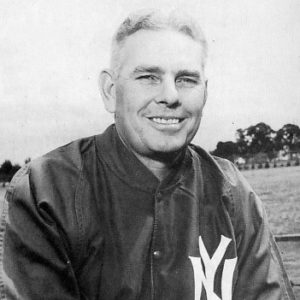 Jim Howell
Jim Howell
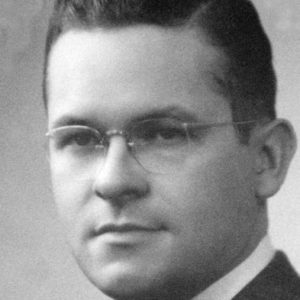 Max Howell
Max Howell
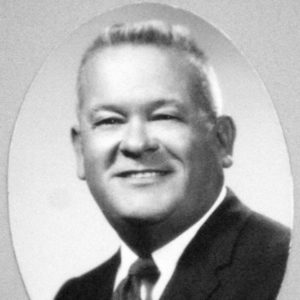 Max Howell
Max Howell
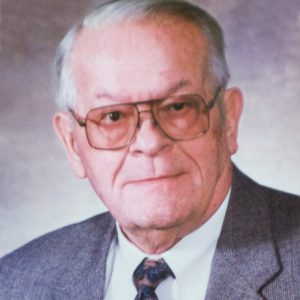 Max Howell
Max Howell
Howell, Max
Howlin’ Wolf
aka: Chester Arthur Burnett
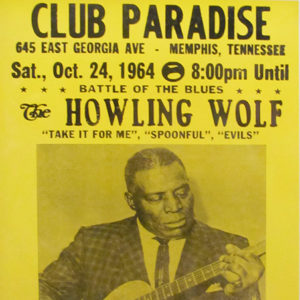 Howlin' Wolf Poster
Howlin' Wolf Poster
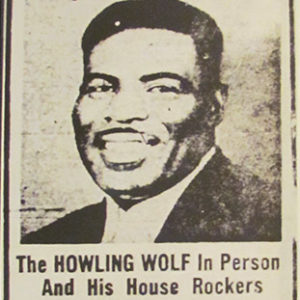 Howlin' Wolf Ad
Howlin' Wolf Ad
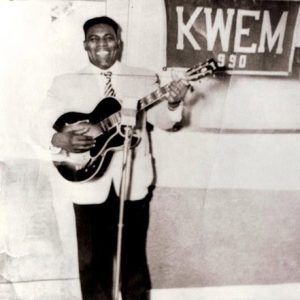 Howlin' Wolf
Howlin' Wolf
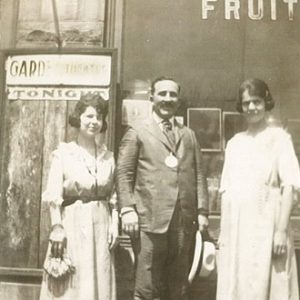 Harry Hronas
Harry Hronas
 Huckabee and Nutt
Huckabee and Nutt




